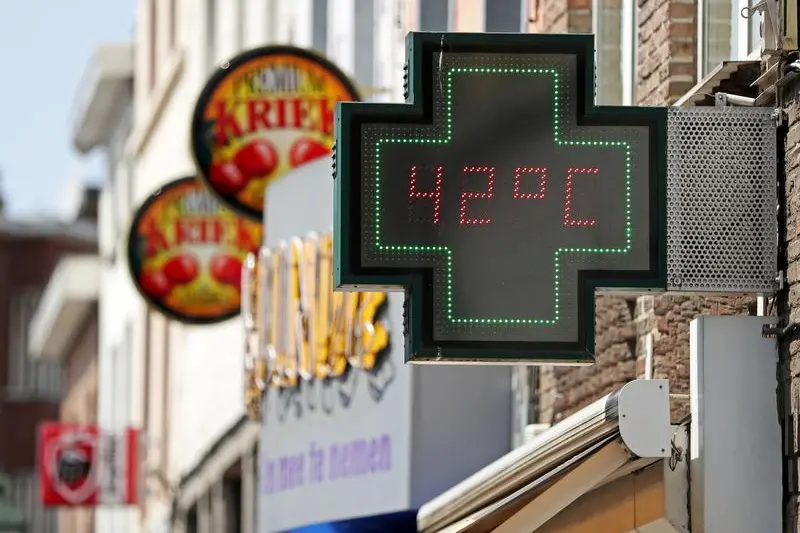PHOTO
LONDON - Surging energy costs in Europe risk accelerating an exodus of companies critical in the manufacture of essential medicines, further endangering drug supply chains hit by shortages at the height of COVID-19, generic drugmaker Teva warned on Thursday.
Essential medicines are crucial in treating long-term conditions as well as being key to surgical procedures. They are also typically off-patent, and sold at the lowest possible prices set by national health agencies or insurers' associations in European member states.
This pressure on pricing for these key generic medicines has long pushed manufacturing of the most energy-intensive components - or active pharmaceutical ingredients (APIs) - eastwards to India and China, where costs are dramatically lower.
Now, the war in Ukraine and the associated energy and economic crises threaten to "debase the continent's pharmaceutical sector for good for some critical medicines," Teva wrote in a report.
Teva officials highlighted recent shortages of tamoxifen, an active ingredient used in a key breast cancer therapy, in Germany. The only European API manufacturer of tamoxifen halted production because it had become uneconomical, they said.
This took European finished drug producers by surprise and left them without any European supply source, and only a few suppliers in Asia.
Paracetamol is another case in point, they added. The last European drug factory to produce paracetamol closed in 2008, leaving Asia as the primary source of production.
There was significant supply friction for paracetamol in Europe at the height of the pandemic, because the region did not have "the leverage nor logistical capacity to scale up production in the short term," the report said.
At the same time, when the major paracetamol producing country India temporarily banned exports of the ingredient to meet the needs of its internal market, Europe was temporarily left bereft of the key API.
Given the current economic climate, said Erick Tyssier, Teva's head of government affairs in Europe, "what we are witnessing is certainly an acceleration of that trend."
In relation to its European portfolio of medicines, Teva currently sources 40% of its APIs from its own sites across the continent, while the rest is outsourced, Philippe Drechsle, VP of EU portfolio management at Teva Europe, told Reuters.
Teva is currently absorbing higher drug production costs in Europe, but there is a limit to that, he said.
(Reporting by Natalie Grover in London; Editing by William Maclean and David Holmes)





















